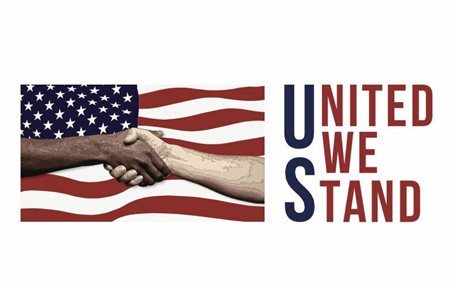An estimated 30.3 million people in the U.S. have diabetes; including 7.2 million who are unaware they are living with the disease. The percentage of adults with diabetes increases with age, reaching a high of 25.2 percent among those aged 65 years or older. In addition to age, risk factors for diabetes also include diet, activity level, obesity and heredity.
Diabetes may be accompanied by other co-existing conditions such as blindness, heart disease, and kidney failure or lower-limb amputation.
High blood sugar levels, poor circulation, immune systems issues, nerve damage and infection may contribute to a non-healing diabetic foot ulcer. Approximately 15 percent of people living with diabetes will develop a foot ulcer. An estimated 14 to 24 percent of people with foot ulcers will experience an amputation. Even more alarming, people with an amputation have a 50 percent mortality rate within five years.
There are several common factors of diabetic foot ulcers, including neuropathy, peripheral arterial disease (PAD), deformities and Charcot foot.
Baptist Health Wound Care recommends the following to help prevent diabetic foot ulcers:
• Stop smoking immediately
• Comprehensive foot examinations each time you visit your healthcare provider (at least four times a year)
• Daily self-inspections of the feet or have a family member perform the inspection
• Regular care of the feet, including cleaning toenails and taking care of corns and calluses
• Choose supportive, proper footwear (shoes and socks)
• Take steps to improve circulation, such as eating healthier and exercising on a regular basis
Proper wound care techniques are imperative to healing diabetic foot ulcers. Debridement, offloading or Total Contact Casts (TCC), Negative Pressure Wound Therapy and Hyperbaric Oxygen Therapy (HBOT) are a few of the leading-edge treatments offered at Baptist Health Wound Care.
• Stop smoking immediately
• Comprehensive foot examinations each time you visit your healthcare provider (at least four times a year)
• Daily self-inspections of the feet or have a family member perform the inspection
• Regular care of the feet, including cleaning toenails and taking care of corns and calluses
• Choose supportive, proper footwear (shoes and socks)
• Take steps to improve circulation, such as eating healthier and exercising on a regular basis
Proper wound care techniques are imperative to healing diabetic foot ulcers. Debridement, offloading or Total Contact Casts (TCC), Negative Pressure Wound Therapy and Hyperbaric Oxygen Therapy (HBOT) are a few of the leading-edge treatments offered at Baptist Health Wound Care.
Debridement, the removal of damaged tissue, is widely recognized as one of the most important methods of advanced wound care. Total Contact Casting, also known as off-loading, relieves pressure from the wound and is considered the gold standard for the treatment of diabetic foot ulcers. Finally, Hyperbaric Oxygen Therapy is where a patient receives 100 percent oxygen and an increased atmospheric pressure inside an acrylic chamber. These specialized wound care therapies can aid in wound closure, new tissue growth, wound tissue regeneration and much more.
“People with diabetes face special health challenges, and we are here to help,” said George Valentini, MD, medical director for Baptist Health Wound Care. “We’ll do a full assessment, order tests as needed and provide a comprehensive plan to help heal the patient’s wound.”
For more information about diabetic foot ulcers or how we may be able to help avoid amputation, contact Baptist Health Wound Care at 270-575-2414.




